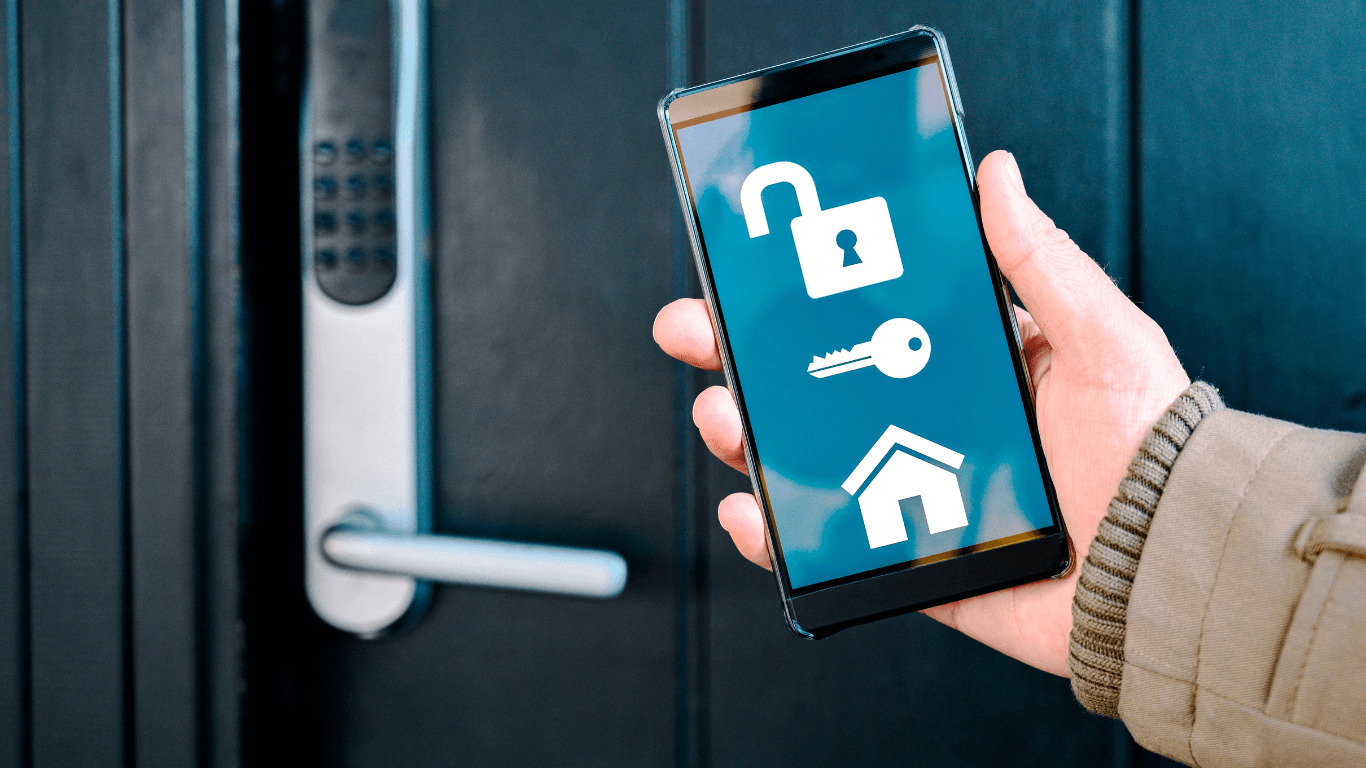Enhancing Mobile App Security: Essential Tips for Protecting User Data and Building Trust
Mobile applications have become very important in this age of technology. They play a vital role in improving our lives and providing convenience and connectivity. Nonetheless, the growing reliance on these apps raises stringent security concerns that need to be addressed. Protect confidential user information and prevent illegal access to data. And ensuring trust for users is mobile app security. To fulfill these responsibilities well and provide a safe experience for customers or customers, companies must implement strong safeguards against breaches they seek to remediate without authorization. Harmful attacks while developing apps that run smoothly in secure settings.
The purpose of this document is to provide useful advice for strengthening the security measures of mobile apps. This allows developers and organizations to enhance app security. It ensures safe storage and processing of user data and builds trust between users. The tips included in this article cover many aspects of mobile app security. These include setting up strong authentication methods, adopting secure approaches for data transmission, conducting rigorous testing procedures, and educating users on safe practices. By adopting these suggestions, development teams can lay a strong foundation for overall protection of their applications from potential breaches. Attacks that can compromise sensitive information.
Conduct rigorous mobile app security testing and audits
It is important to conduct extensive assessments and security assessments. mobile app security strength is guaranteed. Detecting and resolving potential vulnerabilities and shortcomings in the early stages of development is achievable through completion. Full inspection before releasing the application.
Ethical hacking is also known as penetration testing. It is a powerful way to detect potential vulnerabilities by simulating attacks similar to real-world scenarios. Professional security practitioners exploit vulnerabilities in apps to find loopholes. Malicious attackers can exploit this. Penetration testing on a regular basis helps developers identify and address existing vulnerabilities before they can be exploited. This increases the overall resilience of applications to cybersecurity failures.
Implement strong authentication mechanism
Ensuring secure user verification is an essential component of mobile application security. Strong validation methods provide additional protection against tampering and help prevent plausible security breaches. One of the most powerful tactics is to incorporate multiple sources of authentication alternatives that require users to provide various identifying information such as passwords, fingerprints, or one-time check codes. By integrating MSA, programmers can minimize the risks posed by unauthorized access to customer accounts and enhance general app security.
Proper password management is another key aspect of authentication security. Encouraging users to create strong, unique passwords and implementing password complexity requirements can help prevent potential attacks. Additionally, storing user passwords securely using techniques such as salted hashing or encryption adds an extra layer of protection against password-related vulnerabilities. By prioritizing strong authentication mechanisms and effective password management, developers can strengthen the security of their mobile apps and protect user data.
Secure data transmission and storage
Protecting user privacy and protecting sensitive data stored in mobile applications is very important. Encryption plays an essential role in protecting information from malicious intervention or tampering by maintaining confidentiality during transmission. Programmers can leverage trusted transport methods such as HTTPS to create secure links between apps and servers. This encrypted communication allows sensitive information to pass securely over the network, limiting access to such content to authorized personnel only.
In addition to secure data transmission, implementing strong data storage practices is essential. Mobile apps should use encryption to protect data at rest so that it remains incomprehensible in the event of unauthorized access to storage. Technologies such as file or database-level data encryption add an extra layer of security to sensitive user data stored on local or remote servers.
Regular mobile app security updates and patches
Keeping your mobile apps up-to-date with regular security updates and patches is essential for a strong defense against emerging security threats. Attackers can exploit software vulnerabilities and weaknesses to gain unauthorized access or compromise the integrity of apps and user data.
Developers need to stay informed about the latest security vulnerabilities and patch releases provided by the operating systems, libraries, and frameworks used by their mobile apps. Developers can apply these updates immediately to address known vulnerabilities and strengthen the security posture of their apps.
An automated patch management system can simplify the identification and application of updates across multiple devices and platforms. These systems ensure that critical Mobile App Security patches are applied immediately, reducing the opportunity for attackers to exploit known vulnerabilities.
Apply strong authorization and access control
Mobile App Security Implementing strong authentication and access measures is critical to ensuring the security and authenticity of mobile applications. Developers can achieve this by restricting user access based on assigned roles and permissions. By doing so, users have exclusive access to certain functions or data related to their authorized status within the system. This methodology ensures confidentiality and integrity are maintained throughout the app’s overall architecture.
Efficient handling of user privileges is often achieved by applying role-based access control methods. By assigning different roles to users and granting appropriate permissions, developers can prevent unauthorized access to sensitive areas or sensitive data in their apps.
Additionally, implementing robust session management mechanisms is essential to preventing unauthorized access and session hijacking. This includes enforcing session timeouts, secure storage of session tokens, and implementing mechanisms to detect and prevent session-related attacks.
conclusion
Ensuring the safety of mobile app security has become absolutely critical in today’s technological world. Apps are constantly at risk, so protecting user data and maintaining app integrity should be a priority. By following the advice mentioned in this article, developers can Enterprise app security Measures to effectively protect confidential information belonging to users.
An application’s protection against unauthorized access attempts is enhanced by strong authentication protocols such as multi-factor authentication. Encryption technology ensures secure transmission and storage of user information in transit or at rest for added security. Regular updates and fixes are managed to effectively address known vulnerabilities to reduce the risk of potential threats.
Strong authorization and access controls limit user access based on roles and privileges, mitigating the risk of unauthorized actions within apps. Rigorous app testing and security audits, including penetration testing and code reviews, enable developers to proactively identify and fix vulnerabilities before malicious actors exploit them.







